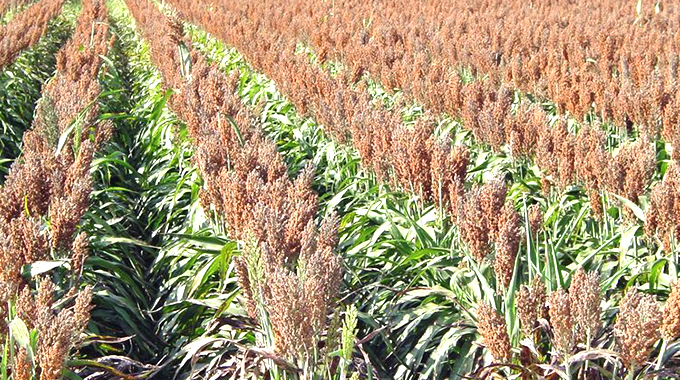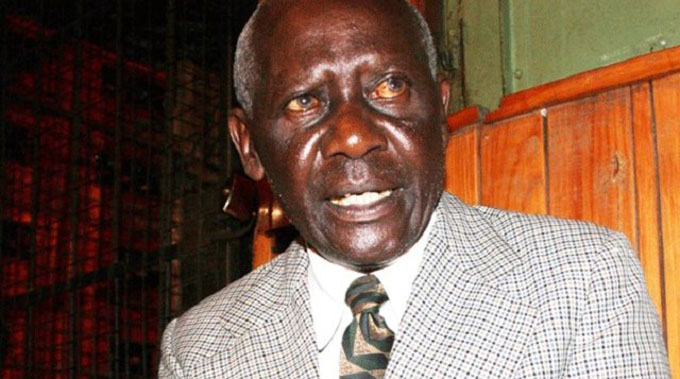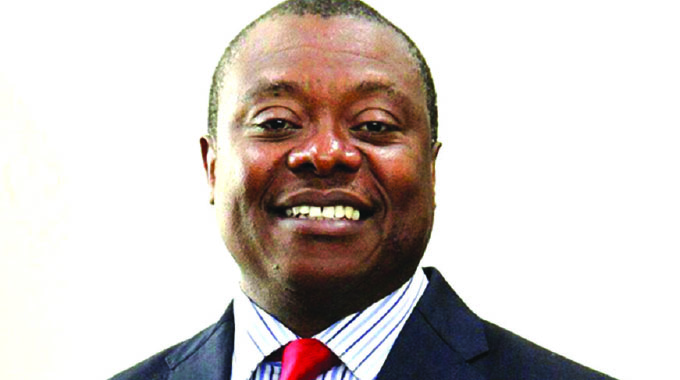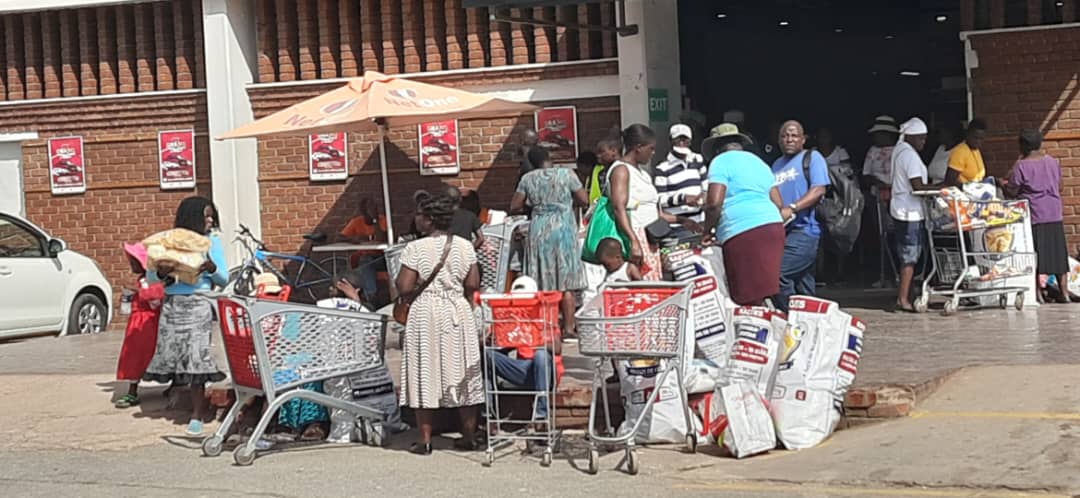Goat breeders develop indigenous breeding standards

Elita Chikwati Senior Agriculture Reporter
The Value Chain Alliance for Livestock Upgrading and Empowerment (VALUE) project in partnership with the Goat Breeders Association of Zimbabwe (GBAZ) has developed breeding standards for the Matabele and Mashona indigenous goats.
The VALUE project is part of the European Union funded Zimbabwe Agricultural Growth Programme (ZAGP) funded to the tune of €7,3 million to implement activities in the goat and pork value chains in 20 districts.
The development of Matabele and Mashona breeding is aimed at promoting conservation, utilisation of indigenous goat types in Zimbabwe, and provide a training guide for farmers, who keep indigenous goats, to be stud breeders.
Project team leader Mr Newton Chari said the development of the breeding standards was important as genetics were key to attaining the desired production, productivity, and market competitiveness in the goat value chain.
“This initiative was thus prudent to ensure in as much as the promotion of better framed exotic breeds is happening, breeding of the Mashona and Matabele goats is not left out,” he said.
Renowned indigenous goat expert, Mr Joe Sikosana who was engaged to develop the breeding standards said the compilation of would assist farmers to be stud breeders of indigenous goats and aid in the conservation of local productions.
The GBAZ was formed in 2018 to address challenges in the goat industry including the absence of a formal structure, lack of economies of scale, training and value chain integration, low commercialisation and poor institutional framework.
GBAZ chairperson, Dr Divine Ndhlukula said: “With over four million goats being owned by smallholder farmers, it was time the goat industry got the attention and support by ensuring small holder farmers access technical training and expertise. This would ensure the farmers work on improving their local breeds to transform the breeds for better growth to achieve commercialisation that will in turn give them good financial returns from the goats.”
ZAGP is offering financial support from the EU amounting to €40 million to address the weaknesses and gaps in livestock value chains that have prevented the sector from increasing productivity, production, and incomes, to their potential.
Focus is on increasing profitability, building the capacity of farmers, service institutions, and private sector through increased investment, institutional reforms and policy alignment.
Under the goat value chain, the VALUE project partners ActionAid, Mercy Corps, COSV, Michview Enterprises and Zvikomborero Farms are working with small scale producer associations in 12 districts namely Buhera, Chikomba, Chipinge, Mudzi, Mbire, Rushinga, Beitbridge, Binga, Gwanda, Matobo, Lupane and Nkayi.
The project is expected to positively impact on the economic opportunities for 800 000 small-scale goat farmers.







Comments